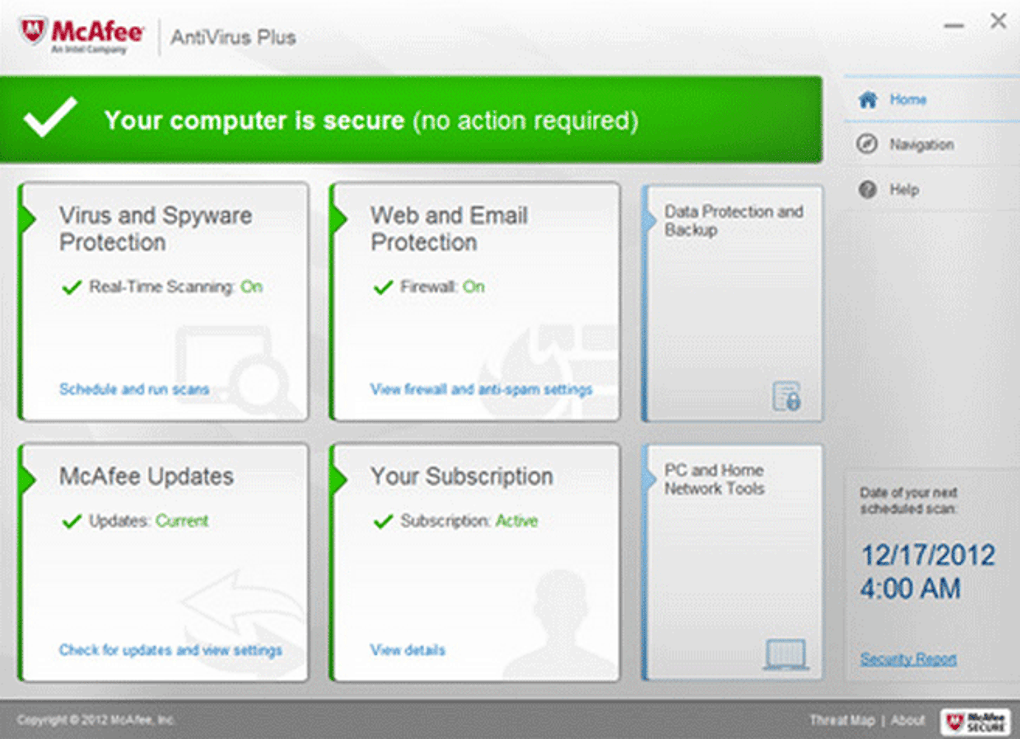

In all these cases, there’s a strong possibility you’ve been hacked.

This could mean that a program is running in the background, likely stealing your information and transmitting it back to cybercriminals. Spikes in Data Usage - if your data usage is increasing but you're not sure why, malware may be to blame.Filled screen – a screen that’s become filled with a matrix of numbers or skull-and-crossbones accompanied by ransom instructions are consistent with being infected by ransomware.Once you agree to the purchase, the cybercriminals end up with your credit card details and other personal information, and you get nothing but malware in return.ĭepending on the type of infection, your device may exhibit varying behavior. Most of us are eager to get rid of any potential problems as quickly as possible, which in turn has made the bad guys who make fake antivirus software so successful. This type of software is often referred to as “scareware” since the pop-ups use messages like “You have a virus,” as a way to get you to click.
#FREE MCAFEE ANTIVIRUS SOFTWARE FOR MAC DOWNLOAD#
These rogue programs try to hook you while you’re browsing the web by displaying a popup window that warns you that your computer may be infected, and that you need to download (fake) security software to fix the problem. And often, this new “antivirus” program disables legitimate security software that you already have, exposing you to real threats. Masquerading as legitimate antivirus software, fake antivirus software is in fact a malicious program that extorts money from you to “fix” your computer. Fake antivirus software is one of the most persistent threats on the internet today.


 0 kommentar(er)
0 kommentar(er)
